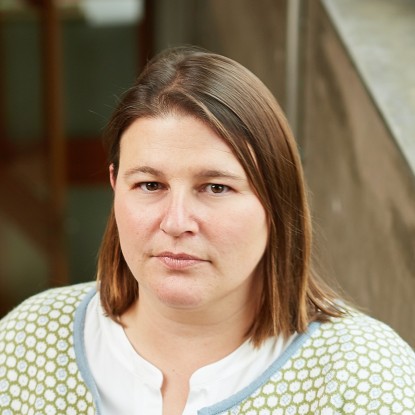Significant contributions to life science engineering
Graduate School presents itself in a video
28.05.2024 von Centre for Cognitive Science/bjb
In the “CoM2Life” cluster project, scientists from Johannes Gutenberg University Mainz, the Max Planck Institute for Polymer Research and TU Darmstadt are researching intelligent biomaterials that will enable innovations in medicine such as tissue repair or the development of artificial organs. At TU Darmstadt, the Centre for Synthetic Biology is involved in the project. The International Graduate School Life Science Engineering, which is based there, also conducts research at the interface between biology and engineering.

The Graduate School Life Science Engineering was founded in 2019 with the primary goal of offering an exceptional interdisciplinary research and training program at the intersection of engineering and life sciences to outstanding PhD students from around the world. The program aims to cultivate a novel, constructive engineering perspective on biology, providing students with the skills to address biological problems using an engineering approach. The Graduate School introduces itself in the video:
Empfohlener externer Content
Wir haben für Sie einen externen Inhalt von YouTube ausgewählt und möchten Ihnen diesen hier zeigen. Dazu müssen Sie ihn mit einem Klick einblenden. Mit einem weiteren Klick können Sie den externen Inhalt jederzeit ausblenden.
Ich bin damit einverstanden, dass mir externe Inhalte von YouTube angezeigt werden. Dadurch ist es möglich, dass personenbezogene Daten an Drittplattformen übermittelt werden. Weitere Informationen finden Sie in unserer Datenschutzerklärung.
About CoM2Life
“CoM2Life” aims to develop a fundamentally new generation of soft biomaterials that are able to enter into permanent and reciprocal communication with biological systems such as cells and tissues by integrating the principles of living systems. The researchers are following an approach that combines the chemistry-centered design of biomaterials with the design of regulatory circuits in synthetic biology. This enables the development of intelligent biomaterials that are capable of selectively detecting signals from their environment, processing them internally and then controlling actuators and effectors as required.
TU Darmstadt is represented in the Excellence Strategy competition with a total of three project outlines . In addition to CoM2Life on communicating biomaterials, these are “Reasonable Artificial Intelligence” (RAI) on artificial intelligence and “The Adaptive Mind” (TAM) from the field of cognitive sciences.


